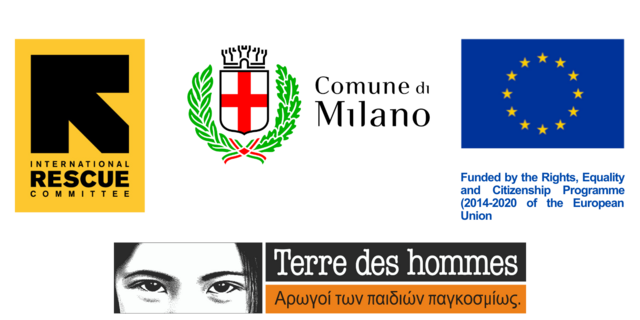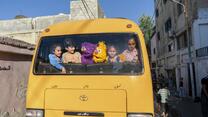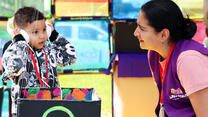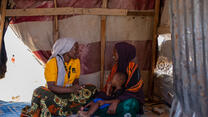Adverse Childhood Experiences (ACEs) refer to some of the most intensive and frequently occurring sources of stress that children may suffer early in life. The REEC project will forge a protection response for children affected or at risk of ACEs by reinforcing the capacities of educators and child protection practitioners to identify such cases and provide services to children.
As a result of the project:
- More than 3000 teachers and child protection practitioners improve their knowledge
- Stronger cooperation among schools, families, and child protection services
- Increased awareness of how to prevent, identify and respond to ACEs
Adverse Childhood Experiences include multiple types of abuse and neglect, as well as violence between parents or caregivers, other kind of serious household dysfunction such as alcohol and substance abuse, and peer, community, and collective violence. Such experiences have a tremendous impact on people’s lifelong health, life opportunities, and likelihood of being a victim or perpetrator of violence.
The International Rescue Committee works together with Terre des hommes Hellas (Tdh) and the Municipalities of Milan and Athens to protect children of pre-school and primary school age in Greece and Italy from any kind of abuse and promote their positive development in a protective environment.
Our REEC project seeks to strengthen the capacity of early childhood development educators, primary school teachers, and child protection practitioners to detect and refer cases of adverse childhood experiences and provide responsive services to children. The project will benefit all children, with a focus on vulnerable social groups.
Strengthening the capacity of professionals
In both Athens and Milan, more than 3000 early childhood development educators, primary school teachers and child protection professionals will undergo a series of trainings on child protection and child safeguarding with the aim to improve their capacity and knowledge to identify, respond to and refer child abuse cases and to increase their understanding of the role they play in protecting children. "Child protection is a responsibility for all. Through this project, we enhance professionals’ capacities to meet their responsibilities and play their part in ensuring a protective environment for children", says Maria Athanatsiki, Project Coordinator at Tdh.
Tdh and IRC will build upon their national and international experience in developing child-friendly tools and methodologies. By combining the IRC "Healing Classrooms" and "Social and Emotional Learning" and the Tdh "Movement, Games and Sport" methodologies, we will create a new, comprehensive methodology on which educators will receive training and coaching support.
Increased awareness and stronger cooperation
We will work towards increasing awareness of stakeholders (professionals, caregivers and policy makers) on child protection risks and appropriate ways to prevent, identify and respond to ACEs, as well as towards building stronger cooperation among schools, parents/ caregivers and child protection services in both countries. Exchange visits with representatives from ministries and municipalities (Athens – Milan), roundtables with relevant authorities and a conference in Brussels will be part of the activities. Advocacy efforts in the REEC project will play a crucial role, aiming to enhance the role of education in child protection in both cities, with corresponding legislative actions, policies, protocols and guidelines, and to leverage policy changes based on evidence and best practices, addressed at national and EU level.
A protective environment for children
Children and families in both countries will have improved access to support, as frontline professionals from education and child protection services will be better equipped to identify signs of violence and will work together to address children’s needs in appropriate ways. The increased awareness and knowledge in combination with the cooperation of key actors will help us contribute to sustainably strengthening the protective environment for children.
Project duration: January 2021 – December 2022
Download the project flyer in English or Greek.
This project is co-funded by the Rights, Equality, Citizenship Programme 2014-2020 of the European Union.



